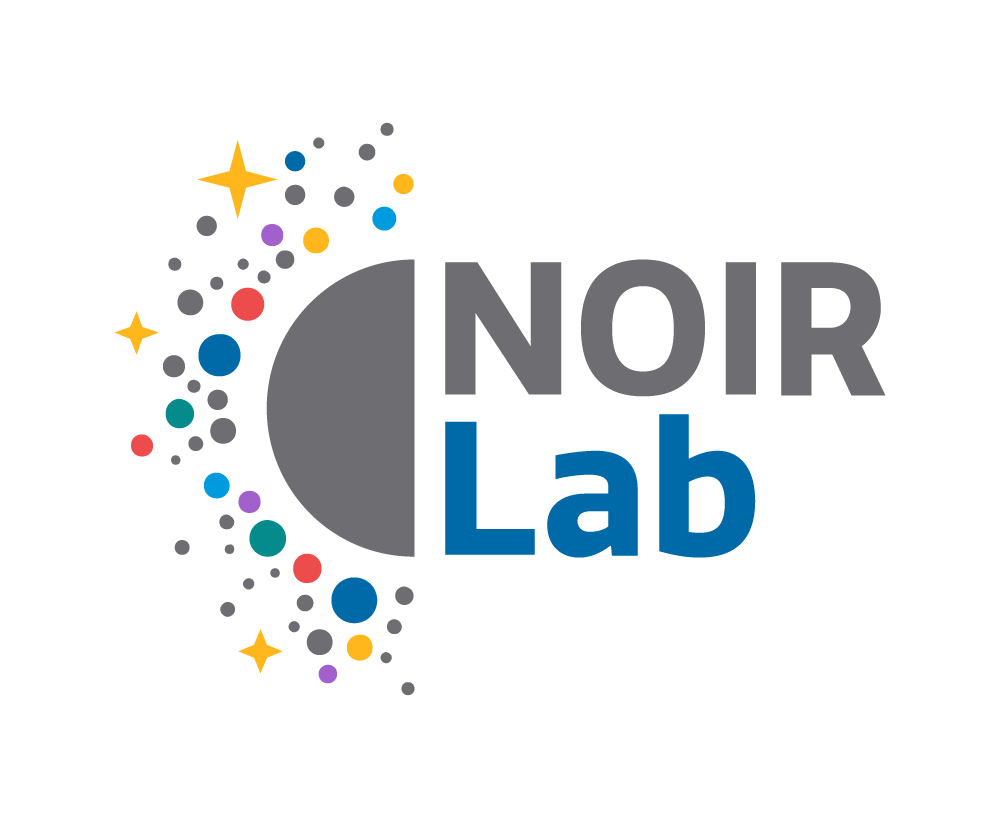Joan Najita Selected as 2021–2022 Radcliffe Fellow
12 May 2021
NOIRLab is proud to announce that Joan Najita has been named a 2021–2022 fellow at Harvard Radcliffe Institute, joining an extraordinary group of artists, scientists, scholars, and practitioners who will learn from and inspire one another in a year of discovery and interdisciplinary exchange in Cambridge.
As the 2021–2022 Edward, Frances, and Shirley B. Daniels Fellow, Najita will pursue an individual project in a community dedicated to exploration and inquiry. Her work will focus primarily on understanding the diversity and origins of planetary systems: why planetary systems surrounding nearby stars have architectures that differ from that of our own planetary system, the Solar System, and how to understand the new population of distant giant planets whose existence has been inferred from images of their formation environments.
“The 2021–2022 fellowship cohort is characterized by intellectual reach, excellence in scholarship, and creativity,” said Radcliffe Dean Tomiko Brown-Nagin, who is also the Daniel P. S. Paul Professor of Constitutional Law at Harvard Law School and a professor of history in the Harvard Faculty of Arts and Sciences. “Many of them are also focused on the most urgent problems of the day.
“In the wake of an unprecedented — and profoundly difficult — 14 months, the challenges facing our society are daunting. Some of these challenges are new, others are merely new to the spotlight — deep and longstanding issues that have been exacerbated by the pandemic and its far-reaching consequences. Our newest class of fellows will reckon with this moment and its meaning, and they will push the limits of knowledge and practice across the sciences, social sciences, arts, and humanities. We cannot wait to welcome them.”
The acceptance rate for the class, which represents nine countries, was 2.4 percent, from 1383 applications.
Najita is an Astronomer at NSF NOIRLab and its Head of Scientific Staff for User Support. She was formerly the Chief Scientist at the National Optical Astronomy Observatory (NOAO) and served on its scientific staff since 1998. In these roles, Najita has been responsible for strategic planning, science career development, science communications, and the health of the scientific environment at the Observatory. Her interests include traditional research topics (such as star and planet formation, exoplanets, and the Milky Way), advocacy for the development of new research capabilities (such as infrared spectroscopy and massively multiplexed wide-field spectroscopy), as well as the sociological context of astronomy (such as the nature of discovery in astronomy, and its science sociology and resource allocation practices). She has a lifelong interest in communicating science to the public and in the role of science in society.
For Najita, the fellowship is a tremendous opportunity to not only advance her personal research goals, but also to exchange ideas with scholars and artists. She hopes that the exchange will lead to “new insights into the nature of scientific discovery, as well as how astronomy as a field can best enable discovery and enrich society rather than enter into conflict with it.”
The full list of fellows is online here.
More information
NSF NOIRLab (National Optical-Infrared Astronomy Research Laboratory), the US center for ground-based optical-infrared astronomy, operates the international Gemini Observatory (a facility of NSF, NRC–Canada, ANID–Chile, MCTIC–Brazil, MINCyT–Argentina, and KASI–Republic of Korea), Kitt Peak National Observatory (KPNO), Cerro Tololo Inter-American Observatory (CTIO), the Community Science and Data Center (CSDC), and Vera C. Rubin Observatory (in cooperation with DOE’s SLAC National Accelerator Laboratory). It is managed by the Association of Universities for Research in Astronomy (AURA) under a cooperative agreement with NSF and is headquartered in Tucson, Arizona. The astronomical community is honored to have the opportunity to conduct astronomical research on Iolkam Du’ag (Kitt Peak) in Arizona, on Maunakea in Hawaiʻi, and on Cerro Tololo and Cerro Pachón in Chile. We recognize and acknowledge the very significant cultural role and reverence that these sites have to the Tohono O'odham Nation, to the Native Hawaiian community, and to the local communities in Chile, respectively.
About the Radcliffe Institute for Advanced Study at Harvard University
Harvard Radcliffe Institute is a unique space within Harvard — a school dedicated to creating and sharing transformative ideas across all disciplines. Each year, the Institute hosts leading scholars, scientists, and artists from around the world in its renowned residential fellowship program. Radcliffe fosters innovative research collaborations and offers hundreds of public lectures, exhibitions, performances, conferences, and other events annually. The Institute is home to the Arthur and Elizabeth Schlesinger Library, the nation’s foremost archive on the history of women, gender, and sexuality. For more information about the people and programs of the Radcliffe Institute, visit www.radcliffe.harvard.edu.
Links
Contacts
Joan Najita
NSF NOIRLab
Email: joan.najita@noirlab.edu
Amanda Kocz
Press and Internal Communications Officer
NSF NOIRLab
Cell: +1 520 318 8591
Email: amanda.kocz@noirlab.edu


